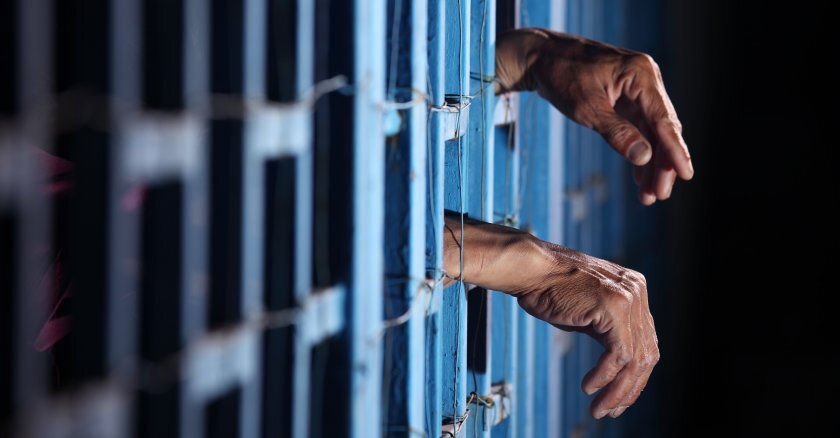If the goal is to create a better future for younger generations, the focus needs to be on helping young people rehabilitate and transition out of incarceration, not on finding new ways to put them behind bars.
My own journey through the Texas juvenile justice system was a tumultuous one, fraught with uncertainty and the echoes of past mistakes. Sentenced to a decade behind bars, the road ahead seemed daunting for me, insurmountable even. But within the shadows of confinement, I found solace in the camaraderie of fellow inmates — teenagers bearing the weight of unjust sentences, our names etched in the annals of a system fraught with challenges yet ripe with the potential for change.
It is within the crucible of rehabilitation that true change can take root, a change that not only alters the trajectory of individual lives but ripples outward to shape the fabric of our communities. If we want to move young people caught up in the criminal justice system from punishment to rehabilitation, we need to give them tools that actually work for them.
One of those tools is peer mentorship. Research shows that those who have been incarcerated themselves are the best mentors for people still in carceral settings. Peer mentorship involves pairing incarcerated people with mentors who have successfully navigated similar challenges and are now reformed individuals. These mentors provide guidance, support and encouragement. By serving as positive role models demonstrating that change and rehabilitation are possible, peer mentors can reduce recidivism.
The benefits of this approach are easily seen when you speak to mentors and mentees. Unfortunately, prison systems and other criminal justice agencies place significant barriersthat prevent people with a criminal background from providing peer services.
I run an organization of 23 individuals who were once confined and now advocate for juvenile justice reform across the state of Texas. Many of them are eager to volunteer as peer mentors, but those who have a criminal record aren’t allowed to enter the state’s juvenile justice facilities. Their clearance for providing mentorship gets denied as soon as they submit to the required background check. They would need to jump through months of administrative hoops and seek special waivers to walk through the doors that once confined them. Even after all the paperwork is submitted, a simple traffic ticket on a person’s record could throw their successful rehabilitation into question and block their entry.
To ensure that all incarcerated young people have access to peer mentorship, state legislatures must pass laws to revise background check requirements and streamline waiver processes for formerly incarcerated individuals to serve as mentors. State juvenile justice departments should also amend their internal policies to facilitate this inclusion, ensuring that the guidelines support rather than hinder peer mentorship.
This is just one piece of the puzzle in reforming the juvenile justice system, but it is crucial for fostering rehabilitation and reducing recidivism rates among young people. Letting people who were formerly incarcerated lead this work also sends an important message of trust and belief in rehabilitation itself. Now more than ever, we need to forge a path marked not by the mistakes of our past but by the possibilities of our future.
Dieter Cantu is an advocate for youth impacted by the juvenile justice and child welfare systems. He leads a multidisciplinary consultancy firm, Juvenile Rights, composed of formerly justice-impacted individuals with whom he shares a lived experience of incarceration during their youth.
Governing’s opinion columns reflect the views of their authors and not necessarily those of Governing’s editors or management.
Related Articles













